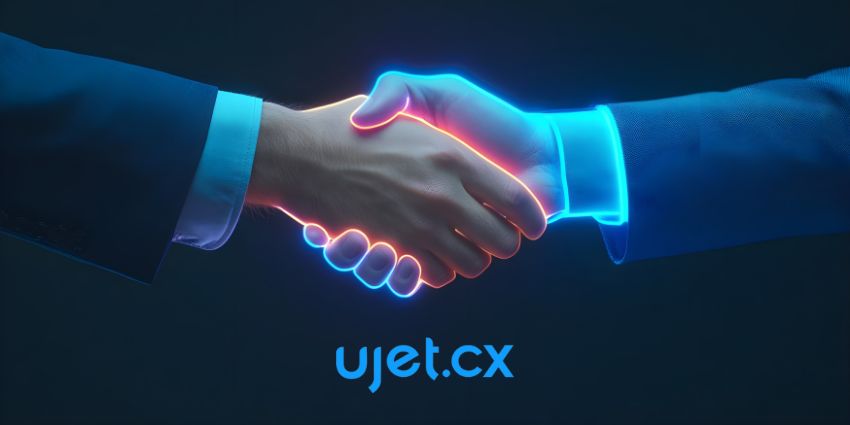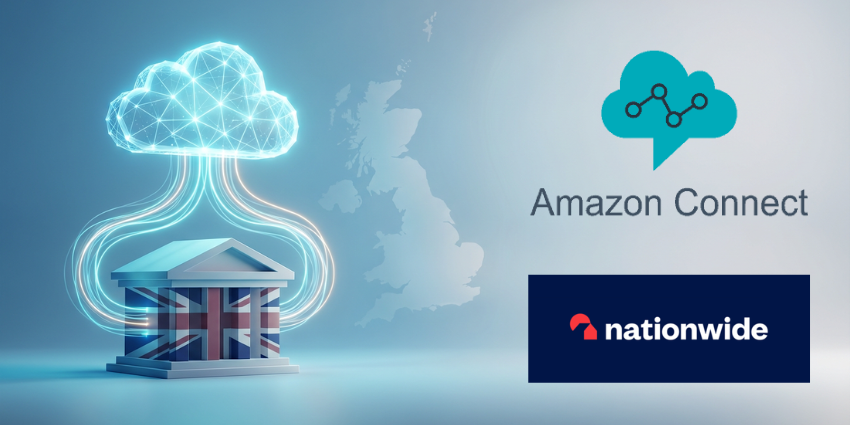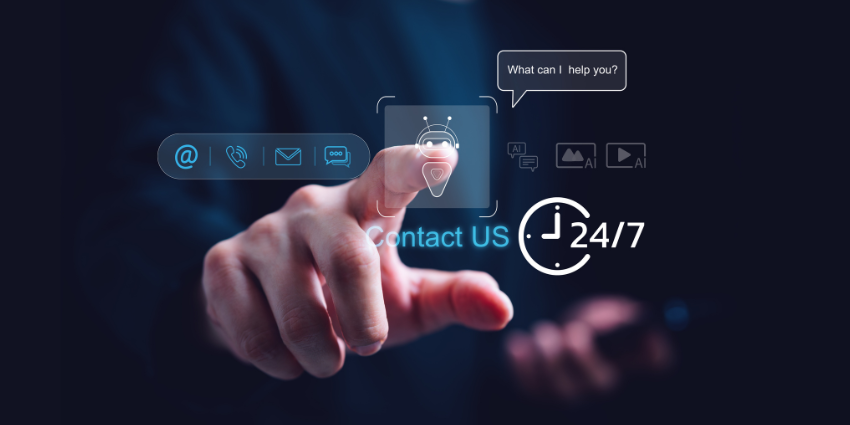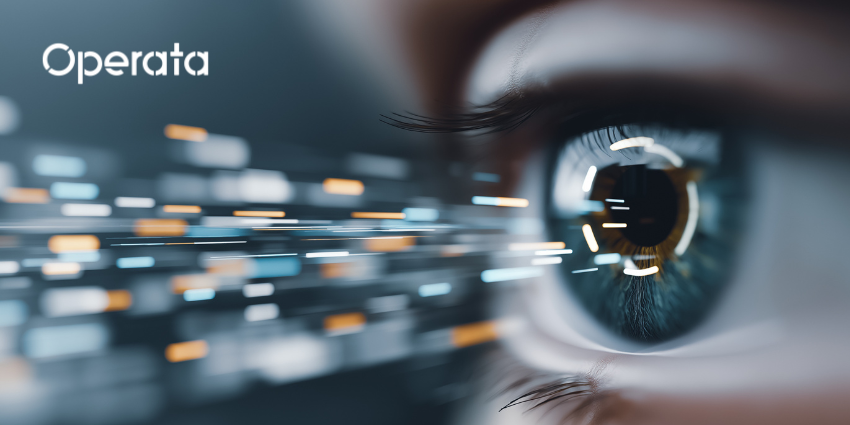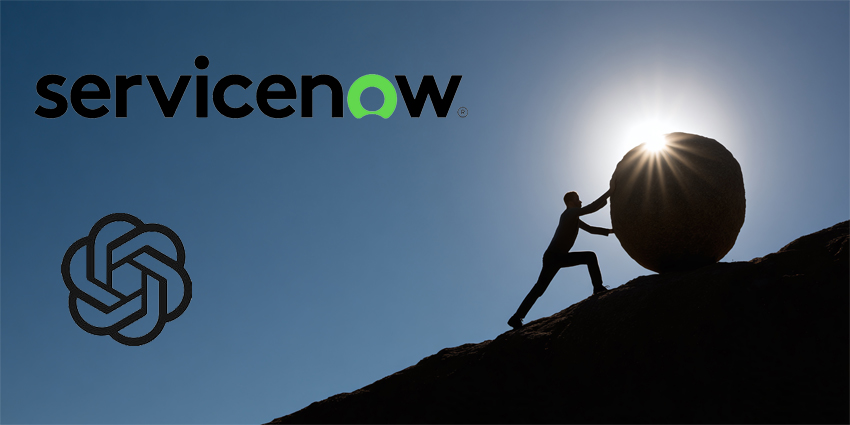After many false starts, contact center AI finally has momentum.
Generative AI brought various new capabilities, such as auto-drafting customer responses, auto-generating knowledge articles, and auto-summarizing customer conversations more succinctly.
Now, agentic AI promises to go further with AI agents that autonomously interact with customers, send proactive messages, pull insight, and automate various other contact center workflows.
With these advancements, contact center AI is fast becoming more powerful and starting to deliver incredibly meaningful outcomes.
Yet, some CCaaS vendors are better placed to deliver on expectations than others.
Now, as AI begins to revolutionize customer service, brands must have confidence in their CCaaS partners to support their transformations.
After all, the days of experiments are over; real results are more palpable than ever.
Not All CCaaS Providers Are the Same
Unfortunately, many brands have low confidence in their CCaaS partners. There are several reasons for this, from dubious lock-in attempts to arbitrary price hikes.
Yet, more often than not, providers just don’t evolve with their customers, leaving key feature gaps and missed data integration opportunities.
Now, with many of those four- or five-year “COVID contracts” coming up for renewal, disappointed CCaaS customers are reassessing their providers.
This time around, they understand that they shouldn’t rush their CCaaS partner selection, as many did under pandemic-induced pressure.
With AI poised to drive significant change across the industry, this is critical.
One CCaaS vendor that many will consider is UJET. Its tight relationship with Google is unique, allowing it to better manage cloud costs and access the latest AI from the source.
Additionally, its midmarket focus differentiates the brand in a sector dominated by CCaaS providers chasing enterprise contracts.
Yet, Vasili Triant, Co-CEO of UJET, highlights three other key reasons why his company is well-placed to deliver the AI-led customer service experiences of tomorrow.
1. Architecture & Scalability
Many legacy providers simply attach AI solutions to existing contact center platforms, leading to data-sharing issues and clunky handoffs between automation and live agents.
UJET was built from the ground up for scale and reliability. As Triant told CX Today:
“Our architecture enables faster, more automated scaling than any other provider, making our platform both powerful and resilient.”
Moreover, its architecture is smartphone-first, enabling unique features like fingerprint verification.
Indeed, the objective for UJET is to create communication experiences that feel more familiar to modern customers.
So, instead of clunky contact center interactions, customers can share voice notes, imagery, and videos as they would with family and friends.
2. A Solid Data Foundation
UJET is not a new CCaaS entrant. Yet, from day one, it designed its platform to be a solution that helps centralize all customer interaction data and filter it into an external system of record.
Citing this, Triant noted: “This isn’t just about security; it’s about enabling smarter AI-driven decision-making. Many companies struggle with fragmented data, which makes AI adoption difficult.
“With UJET, businesses have a solid data foundation from the start.”
Such a foundation enables contact centers to centralize their workforce engagement management, conversational analytics, and customer feedback data.
As this all funnels into a central CRM, service teams can achieve a 360-degree view of the customer’s service experience and better power various use cases for contact center AI.
3. AI- Embedded Workflows
“AI isn’t an afterthought for us; it’s embedded into every aspect of the customer journey,” said Triant.
“From initial customer touchpoints to backend reporting and process optimization, AI is seamlessly integrated rather than bolted on.”
As noted, this enables UJET to pass more data into the contact center’s single system of record. However, it also allows the vendor to offer a unified, end-to-end contact center experience.
As a result, an AI agent might meet the customer across any customer engagement channel, understand their intent, and take them to the best place for resolution.
Across that channel, the contact center can orchestrate an experience – blending AI, humans, and various modalities – to best solve the customer’s issue.
That composable approach to AI-led service is likely the future for contact centers, and UJET has always been ahead of the game in that respect.
What to Expect from UJET in 2025
As UJET hopes to win over brands reconsidering their CCaaS partners, it’s doubling down on channel partnerships, including its OEM collaboration with Google, to scale its market presence.
Additionally, it’s chasing product innovation and growth. As Triant noted:
“We’ll continue investing in our own IP, filling market gaps, and rethinking outdated technologies. We’re also exploring strategic acquisitions and partnerships to accelerate our growth.”
As such, it has big plans to leverage its $76 million in Series D funding.
Yet, while UJET is one option for CCaaS buyers, the vendor encourages brands to do their homework, talk to reference customers, and consider that critical architecture piece.
After all, having a system that can centralize customer data and blend modalities will help contact centers better harness the transformative power of AI.
To dive deeper into UJET and its differentiators, visit: ujet.cx
